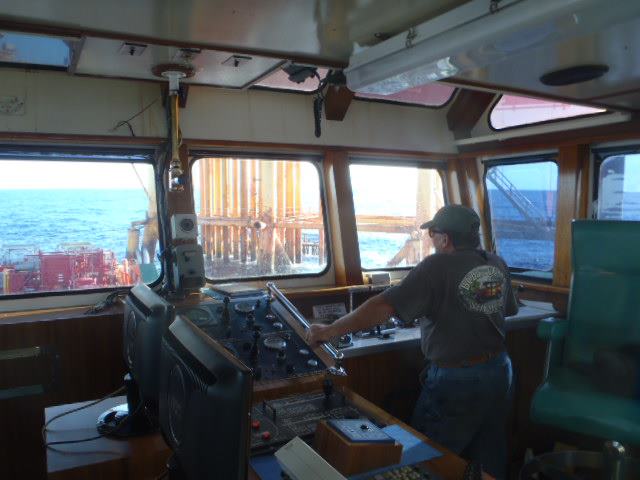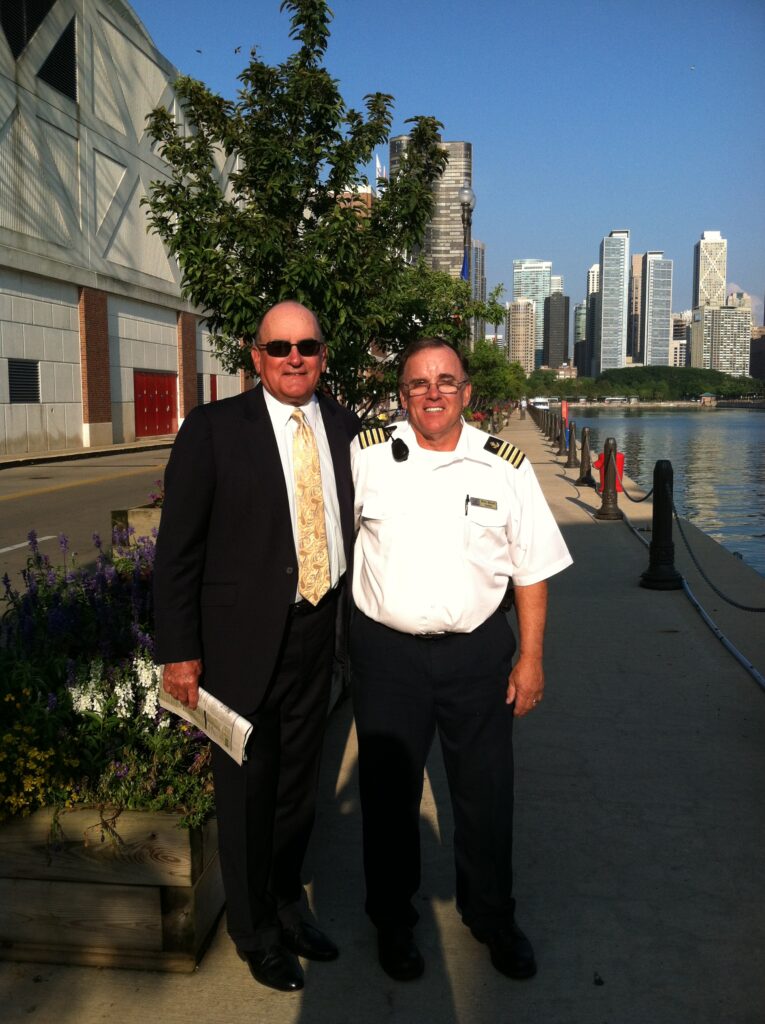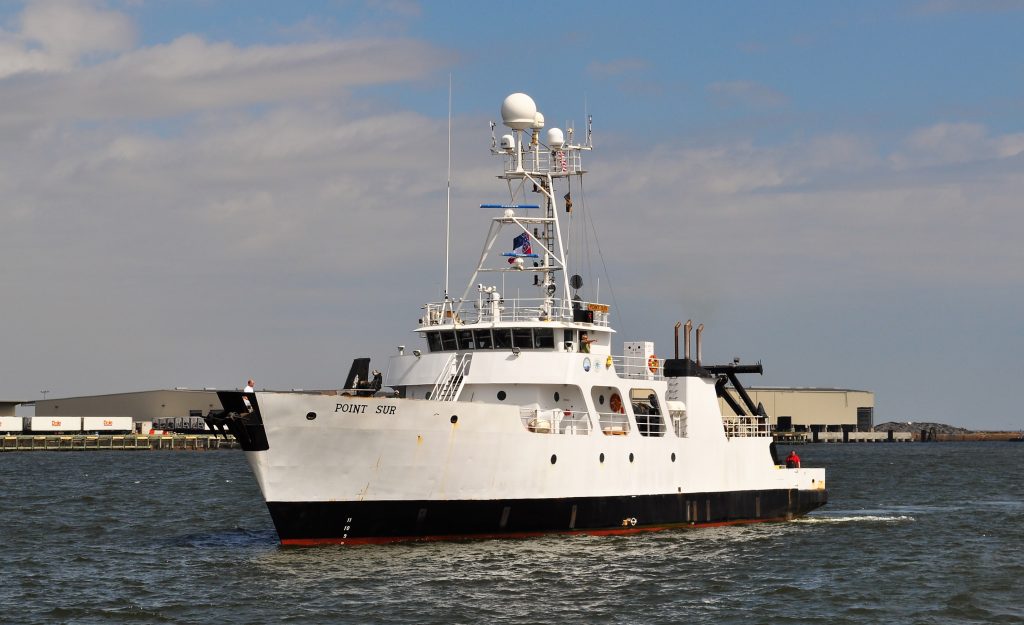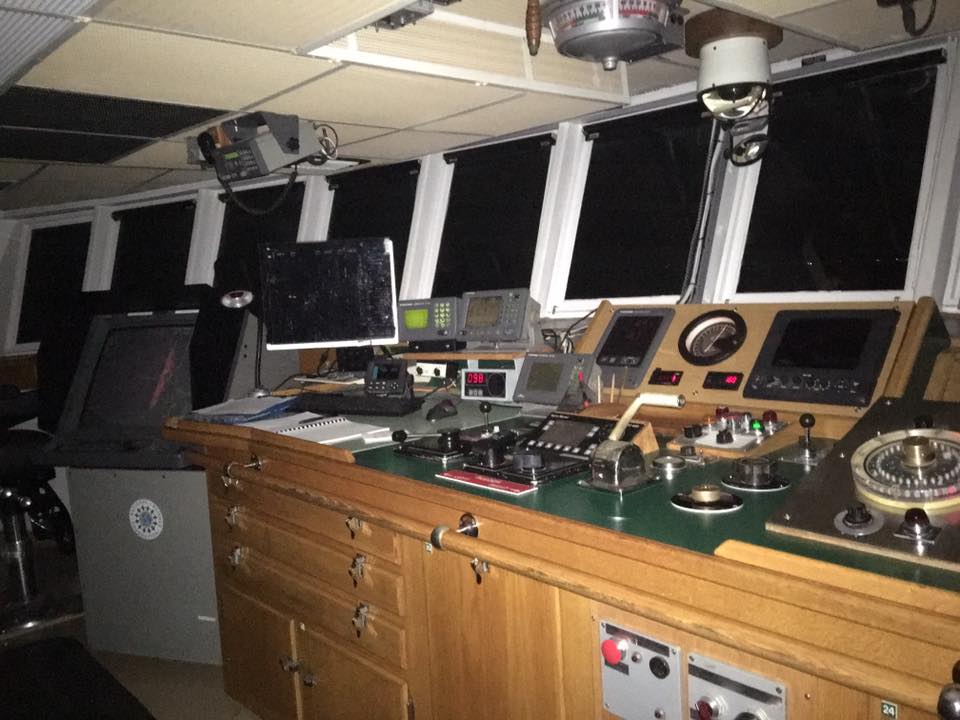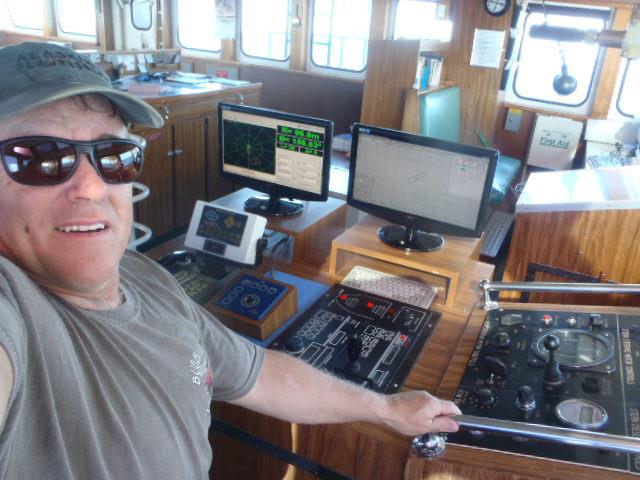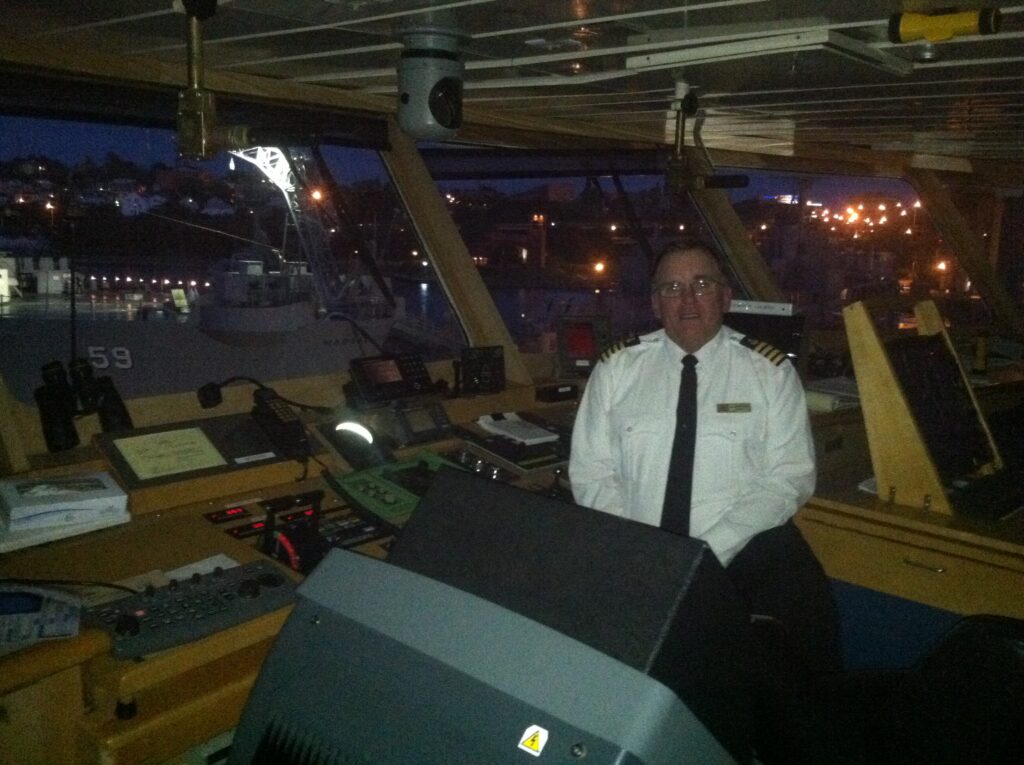Maritime law is as complex as the sea itself.
When a case involves a vessel, cargo, or offshore operation, even the best legal minds can hit technical waves they’re not trained to navigate.
That’s where maritime legal consultants come in. They’re the bridge between legal arguments and real-world vessel operations. But hiring the right one isn’t as simple as checking a résumé — it’s about understanding what kind of expertise your case actually needs.
Let’s break down what every lawyer should know before bringing a maritime consultant on board.
So, Who Exactly Is a Maritime Legal Consultant?
A maritime consultant is a technical or operational expert who supports lawyers in understanding vessel operations, safety systems, compliance issues, and international regulations.
They bring clarity where laws and engineering overlap — explaining what really happened at sea, how vessels are supposed to operate, and whether proper procedures were followed.
Their expertise covers:
- Vessel inspections and operational compliance checks
- Accident investigations and technical evidence review
- Contract interpretation (charters, bills of lading, safety clauses)
- Maritime audits and due diligence for shipowners and insurers
Think of them as your technical co-counsel — translating shipboard facts into courtroom language.
Why Hiring the Right Consultant Matters
Maritime legal consultants aren’t one-size-fits-all. Choosing the wrong expert can weaken your case instead of strengthening it.
For instance:
- A compliance consultant may know IMO codes inside out — but might not handle accident forensics.
- A marine engineer could explain mechanical failures — but may lack legal report-writing experience.
- A former ship captain understands navigation and safety — but might not be familiar with evidentiary standards.
The best choice depends on your case type — injury, cargo damage, pollution, compliance, or collision.
The Consultant’s Role in Legal Strategy
A skilled maritime consultant helps lawyers:
- Identify technical weaknesses in the opponent’s argument
- Prepare fact-based cross-examination questions
- Support expert testimony with technical drawings or inspection data
- Ensure evidence aligns with maritime safety codes and IMO regulations
In admiralty disputes, that collaboration often turns a complex technical issue into a clear, courtroom-ready argument.
Common Mistakes Lawyers Make When Hiring Maritime Consultant
- Hiring too late: Consultants should be involved before litigation — not after discovery has closed.
- Ignoring credentials: Always verify sea-time experience, certifications, and case history.
- Overlooking communication skills: A great consultant must simplify, not complicate, technical terms.
- Not defining scope: Clearly outline deliverables — reports, depositions, or courtroom testimony.
The Bottom Line
Maritime consultants aren’t just technical experts — they’re strategic assets.
The right one strengthens your arguments with facts, engineering precision, and firsthand industry insight.
For lawyers, hiring a consultant early means less guesswork, fewer surprises, and stronger evidence when the case hits court.
Because in maritime law, technical truth wins where legal theory alone can’t.

